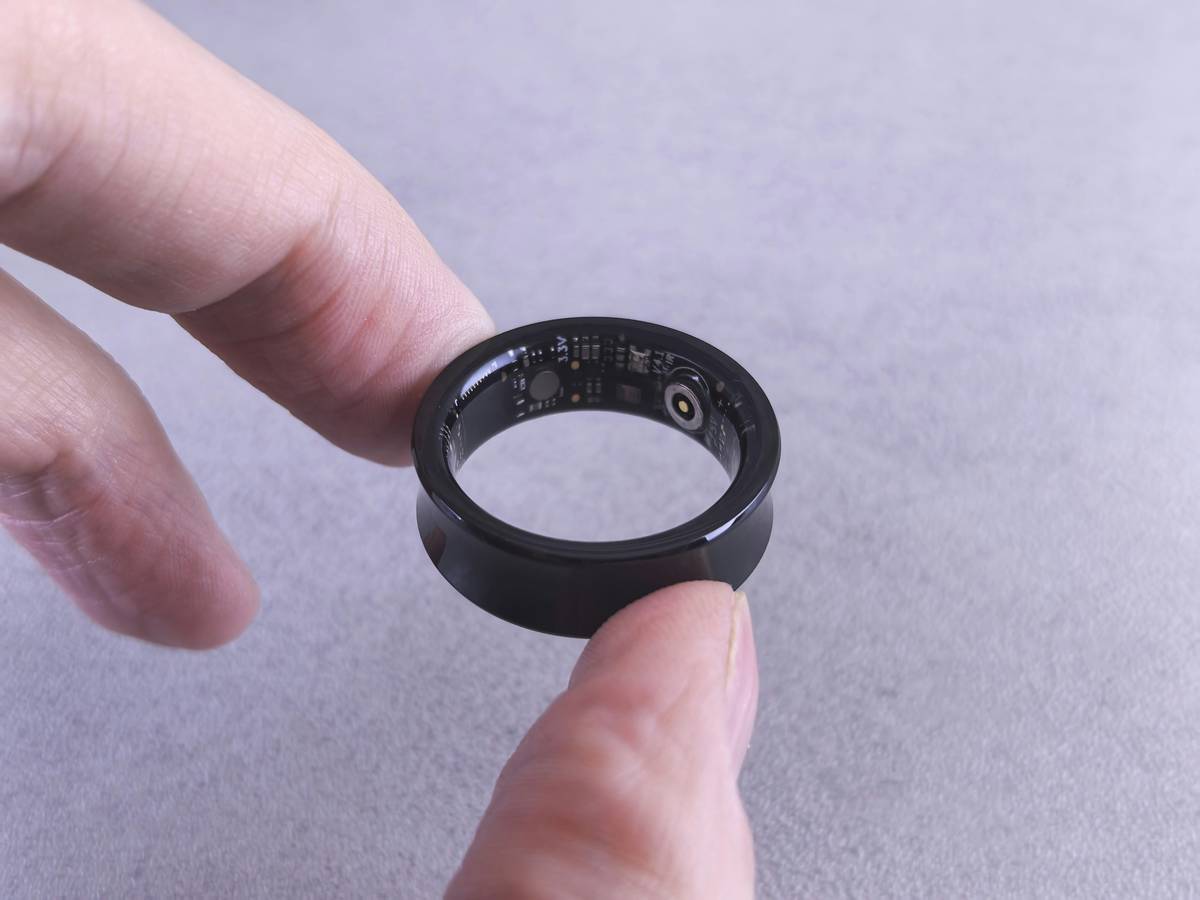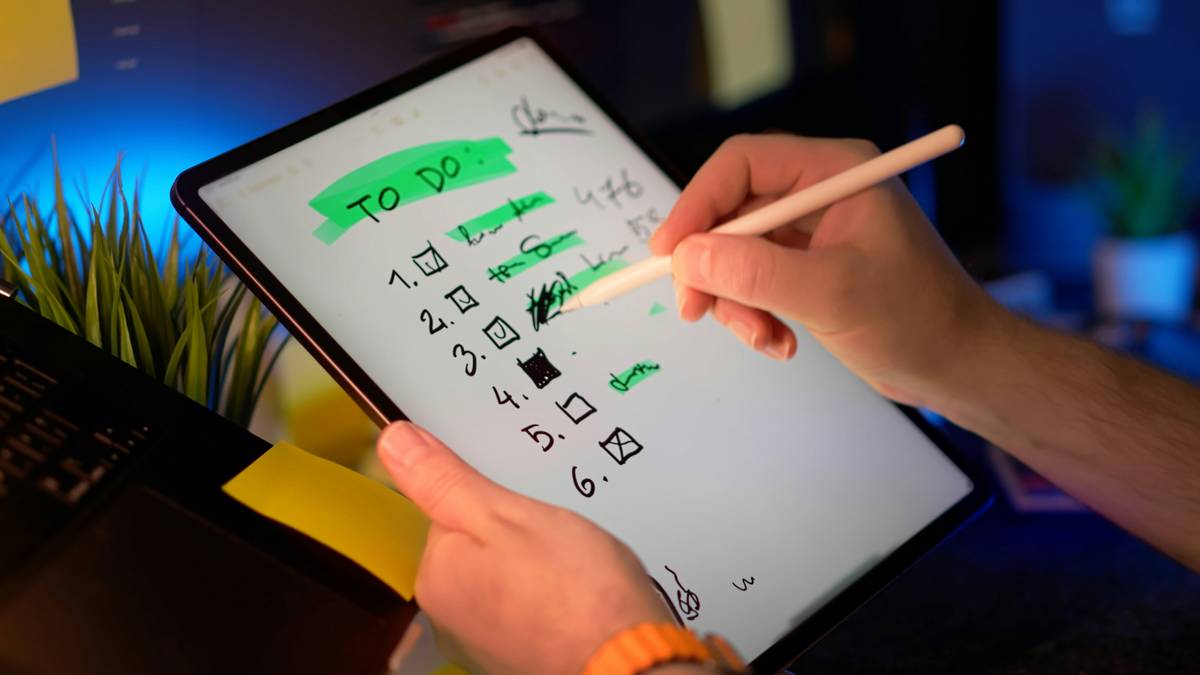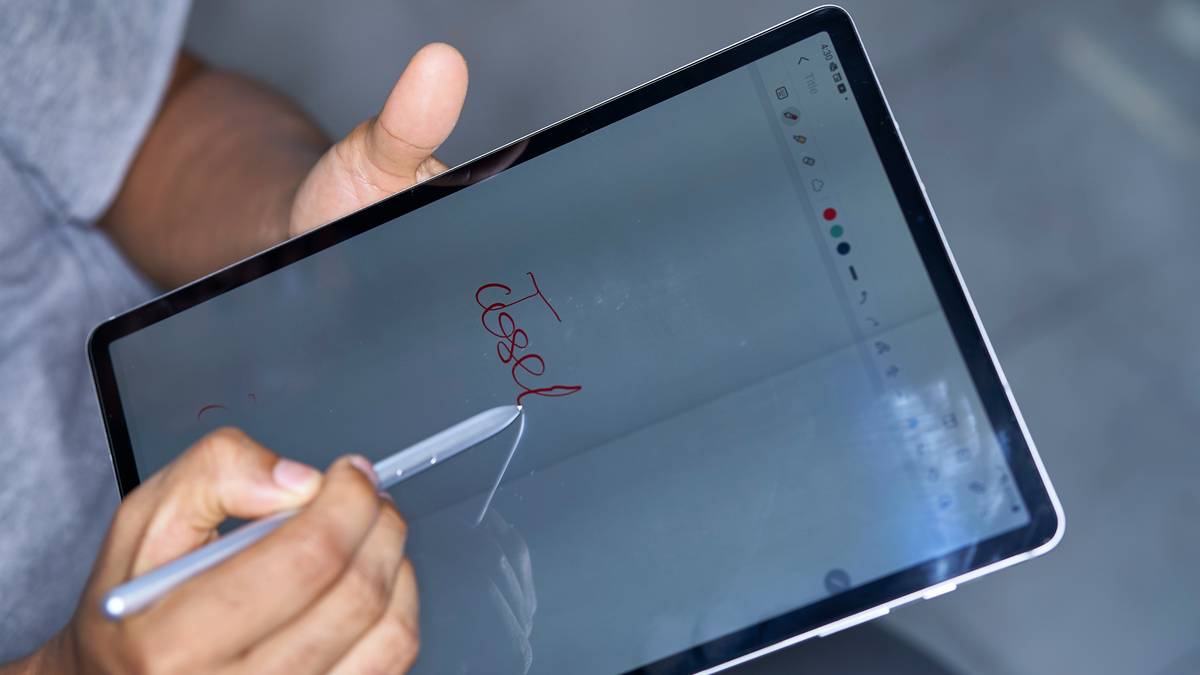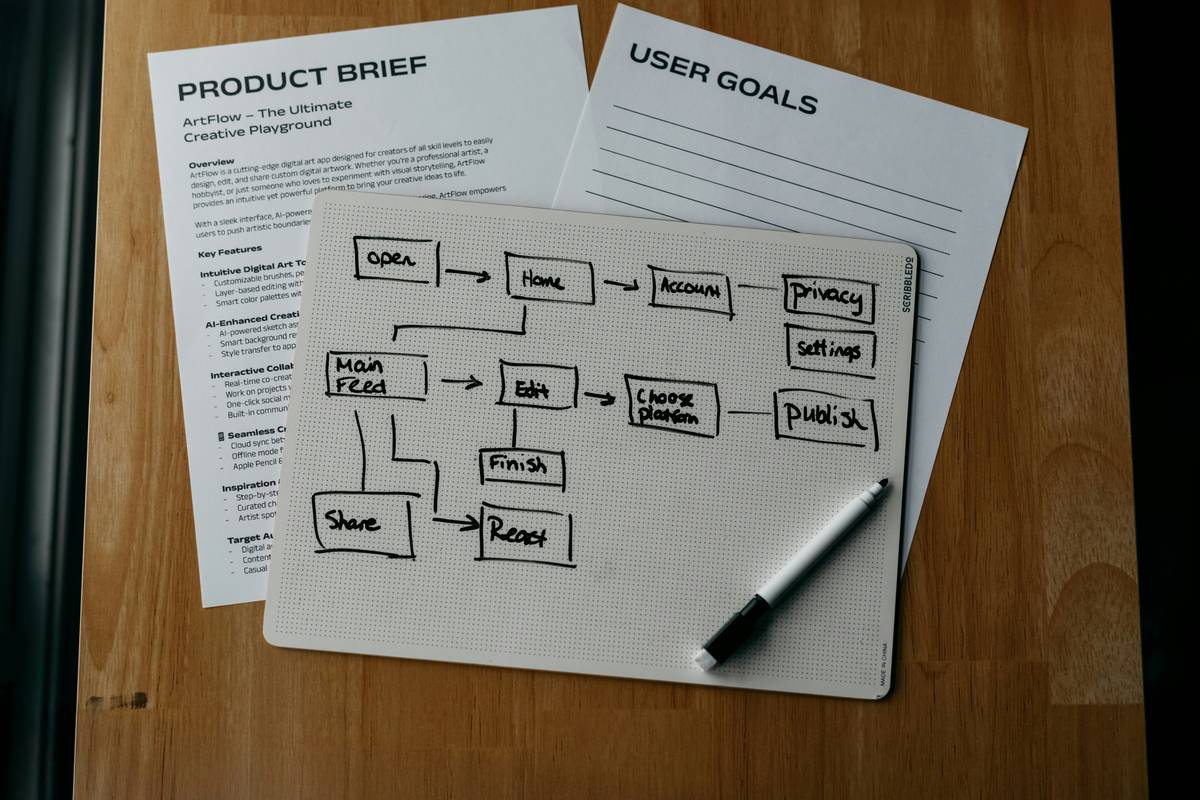Ever found yourself drowning in a sea of scattered PDFs, bookmarks, and sticky notes while trying to organize research? You’re not alone. A shocking 85% of researchers admit they’ve wasted hours hunting down sources instead of actually writing or analyzing data. What if there was a way to streamline all this chaos into one sleek app? Enter the citation organizer app. In this guide, we’ll explore how these powerful tools can revolutionize your workflow, help you stay sane during crunch time, and even save coffee breaks for when you truly need them.
Table of Contents
- Why Research Gets Messy Without a Citation Organizer App
- How to Choose and Master Your Citation Organizer App
- Pro Tips for Maximizing Your Citation Organizer App
- Real-Life Success Stories with Citation Organizer Apps
- FAQs About Citation Organizer Apps
Key Takeaways
- A citation organizer app saves time by centralizing references and automating bibliographies.
- Popular options include Zotero, Mendeley, and EndNote—each catering to different research needs.
- These apps integrate seamlessly with word processors, allowing painless formatting.
- Choosing the right tool depends on usability, collaboration features, and budget.
Why Research Gets Messy Without a Citation Organizer App
Let’s face it: research is messy business. I once lost an entire afternoon searching for that elusive APA-formatted journal article only to realize I’d already downloaded it—but buried it somewhere under “Miscellaneous Docs.” Sounds familiar? Grumpy me: *“Can’t my brain just auto-magically remember where everything is?”* Optimist me: *“Hey, what if tech could do that for us?”*
Without a citation organizer app, here’s what happens:
- You waste hours reformatting citations manually.
- Files pile up, making retrieval impossible.
- Collaboration becomes chaotic as files get duplicated or mislabeled.
- Deadlines loom closer while frustration levels skyrocket.
Enter a citation organizer app—a game-changer that declutters your digital workspace like Marie Kondo for academics.

Figure 1: The Before Picture – When Research Feels Like Wrestling Chaos.
How to Choose and Master Your Citation Organizer App
Not all citation organizer apps are created equal. Let’s break down the steps to pick the perfect match:
Step 1: Identify Your Needs
Do you prefer cloud storage? Need advanced collaboration tools? Or are you on a tight budget? Asking these questions will narrow down your choices faster than you can say “Ctrl+S.”
Step 2: Test Popular Options
- Zotero: Free, open-source, and great for beginners. It integrates well with browsers and handles PDF annotations smoothly.
- Mendeley: Ideal for collaborative projects, offering shared libraries and academic networking opportunities.
- EndNote: Pricier but packed with features tailored for advanced researchers or large teams.
Step 3: Learn Shortcuts and Integrations
Most citation organizer apps sync with Microsoft Word, Google Docs, and Overleaf. Pro tip: Use browser extensions to import citations directly from databases like PubMed or Google Scholar—one click, done deal!

Figure 2: Zotero Interface Highlights How Easy Organizing Can Be.
Pro Tips for Maximizing Your Citation Organizer App
- Name Files Consistently: Stick to a naming convention (e.g., Author-Year-Title).
- Automate Everything: Set up automatic backups and citation imports.
- Sync Across Devices: Keep your research accessible whether you’re at home, work, or sipping coffee at Starbucks.
- Add Tags & Notes: Future-you will thank present-you for labeling documents clearly.
Rant Time!
Pet peeve alert! If I see ONE more person use generic search terms like “research paper” without leveraging tags or categories within their citation organizer app…ugh. Seriously, folks, tagging exists for a reason. USE IT.
Real-Life Success Stories with Citation Organizer Apps
Taylor S., a psychology grad student, shares: “Before Zotero, juggling 50+ articles felt like herding cats. Now, I tag each source with keywords like ‘qualitative study’ or ‘adolescent trauma,’ and finding relevant material takes seconds instead of hours.”
Dr. Nguyen, a university professor, raves about Mendeley’s collaborative potential: “Our lab team used to share messy email chains full of attachments. With Mendeley Groups, everyone accesses the same library instantly. No duplicates, no confusion.”

Figure 3: Collaborative Magic Happens When Everyone Uses the Same Tool.
FAQs About Citation Organizer Apps
Are citation organizer apps free?
Some, like Zotero and Mendeley, offer free versions with optional paid upgrades for additional storage or advanced features.
Can I switch between apps easily?
Yes, most apps allow exporting references into universal formats like RIS or BibTeX, which other tools can import hassle-free.
What’s the best app for beginners?
Zotero stands out due to its simplicity, robust browser extension, and active support community.
Conclusion
Gone are the days of endless scrolling through unorganized folders or wrestling with formatting nightmares. A solid citation organizer app transforms research workflows, boosts productivity, and frees up mental real estate for creativity—or binge-watching Netflix guilt-free.
In short:
- Choose based on your needs: Zotero, Mendeley, or EndNote.
- Master shortcuts and integrations to maximize efficiency.
- Tag wisely—your future self will love you for it.
So go ahead, download that app, and take control of your research life. And hey, maybe treat yourself to a latte—you earned it!
Like flipping through a Tamagotchi menu,
Your citations now thrive anew.
With tech as your trusty guide,
Research success is ready inside.


